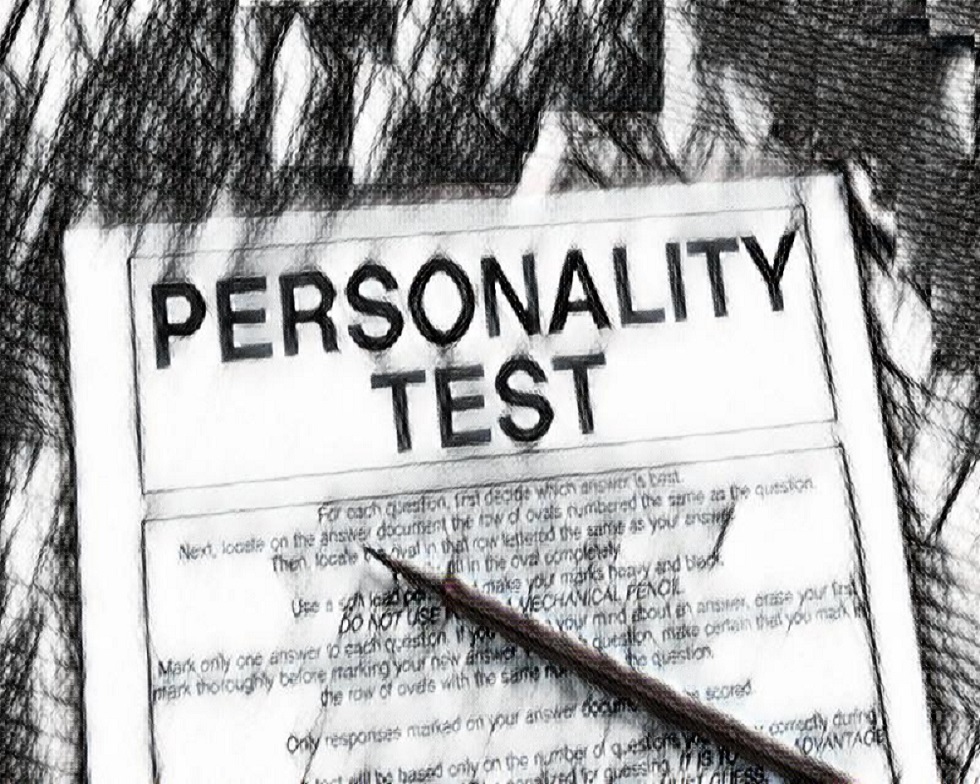Research

We Are Biological Machines
Programmed By Our Caregivers

- Between Clinical Psychology & Engineering -
Prog The Mind is an ongoing scientific project. It relies on the MAPP, an evidence-based theory that works as a unifying framework in clinical psychology.
The MAPP adopts a cognitive-clinical perspective and an engineering approach. It builds upon the achievements of Standard Attachment Theory (SAT) and enhances it by focusing on the informational and dimensional nature of attachment. On this basis, it expands the well-established cognitive-evolutionary clinical theory, thereby providing a framework that integrates both relational and cognitive aspects.
The theoretical foundation of this project is presented in detail in the book ‘Programming The Mind: The Seven Dimensions of Attachment in Personality and Psychopathology’ by Marcantonio Gagliardi.
The MAPP is conceived both as a falsifiable and applicable theory. On the one hand, its development is based on empirical testing and, on the other, its application is immediate. In fact, testing and practical use coincide in many ways. This is the case of the two main applications presented here: The MAPP Personality Test and a MAPP-Based Computational Model of Attachment. Both applications work as empirical testing of the theory.
The MAPP Personality Test (MAPP-T) is a complex questionnaire that works both as a personality inventory and a clinical tool. The MAPP-Based Computational Model of Attachment is an agent-based model of the interactions between child and caregiver. In its current implementation, it simulates avoidant, ambivalent, and phobic interactions. The model provides the basis for the design of attachment-capable artificial intelligence.
In the next 3 sections, we present both the theory and its applications.
3 Areas of Research & Application
- Theory, Clinical Psychology, & AI -
Prog The Mind
Research & Application
‘Programming The Mind’ presents the MAPP theory and its application to the understanding of mental functioning at a clinical level. MAPP stands for Mind Architecture, Personality, and Psychopathology and, indeed, it represents a general theoretical framework in Clinical Psychology able to offer the common ground necessary to integrate the different and valuable contributions from all schools and orientations. Moreover, the engineering approach embraced by the MAPP gives a methodological direction for the further development of such contributions.
The MAPP focuses on the psychological differences between individuals caused by the information they acquire and process, assuming a healthy organic state. In this condition, implicit attachment knowledge appears to be the core of personality.
The book is divided into 3 parts:
- Architecture of the mind (and motivational systems).
- Model of personality.
- Model of (behavior and) psychopathology.
developed in 8 chapters, which are here outlined.
We are biological machines programmed by our caregivers and – directly or indirectly – our motivational dynamics critically depends on our implicit attachment knowledge.
- 1. The Architecture of the Human Mind
- 2. Motivational Systems
- 3. Attachment as the Core of Personality
- 4. The Seven Dimensions of Attachment
- 5. The Definition of Internal Working Model
- 6. Behavior and Psychopathology Through Motivational Dynamics
- 7. Primary and Secondary Psychopathologies
- 8. Case Studies – The MAPP in Action
The MAPP is a clinical psychological theory suitable for any related application. One of the most interesting and useful of such applications is the development of a personality inventory.
The MAPP Personality Test (MAPP-T) not only provides a personality profile over its 7 dimensions but also works as a powerful clinical questionnaire. It gives the user the chance to reflect upon their current and past close relationships and provides the clinician with a complete picture that can be extremely useful to their work.
We describe the object of the test, its features, and the project concerning its automatic assessment through AI.
The MAPP puts relationships – and especially the close ones – at the center of psychological phenomena but, at the same time, adopts an engineering approach. Its description and explanation of mental functioning are compliant with the architecture of the mind, which is seen as both an information processor and control system.
As a result, the theory is particularly suitable for computational implementation. Such an application has been realized by building an agent-based model of the attachment interactions between a child and their caregiver with respect to 3 dimensions: avoidance, ambivalence, and phobicity.
The resulting patterns of behavior – simply outlined by two dots on a screen – powerfully convey the idea of a personality trait. This application is the first step towards the creation of AI capable of attaching and giving care.
Essential References
F.A.Q.
Research
Real change can be achieved without any particular knowledge, especially with the help of a psychologist. However, the book can be very beneficial to the understanding of our nature and, therefore, to our personal development. It is a scientific manual that illustrates in detail the theory behind Prog The Mind and is meant for those who want to go deeper into the functioning of our mind.
The book explains how the mind works and why we do what we do, especially in dysfunctional conditions. Therefore, it explains how the mind is programmed, but it does not (explicitly) cover any procedure or technique about how to reprogram it.
The test is meant to be taken by adult people (18+ years old). Since it involves our close experiences — especially those with parents and romantic partners — we need to be aware that it may elicit unpleasant emotions, depending on our background. In this case, we can decide to quit at any moment.
The test measures our current attachment state of mind and the caregiving we experienced in childhood. Therefore, it provides our current personality profile and the profile of our childhood caregiving. These profiles will be available (through a code) to those who take the test now as soon as the test scoring will be automatized. All tests done in the meantime will provide valuable data to realize such an automatization.
Artificial Intelligence can be applied to clinical psychology in many useful ways. Prog The Mind has started by building a MAPP-based model of the interactions between mother and child that lay the foundation of our personality. Moreover, the MAPP Personality Test is going to be assessed automatically by teaching a neural network to do what a clinician does. Both applications offer exciting prospects.



